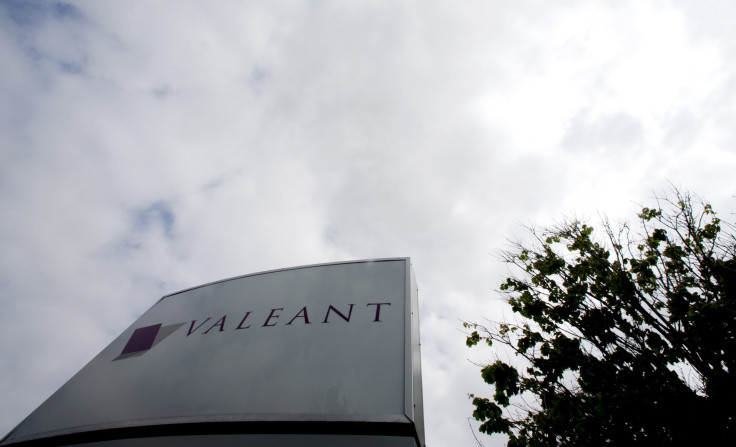Skyrocketing Prescription Drug Prices: House Democrats Launch Task Force To Tackle Costs, Transparency Issue

Democrats in the U.S. House of Representatives opened a new front Wednesday in the war on prescription-drug pricing, launching what they dubbed an Affordable Drug Pricing Task Force to “combat the skyrocketing costs of pharmaceuticals.” Demanding transparency in prescription-drug prices and greater power for the federal government to negotiate these prices, they excoriated pharmaceutical companies in the process, pointing to overnight price hikes for drugs in recent months.
“Patients, hospitals and health-care providers in all of our districts are affected by this price gouging,” Rep. Elijah Cummings, D-Md., said during a press conference in Washington. Cummings spearheaded earlier efforts to take pharmaceutical companies to task over their pricing strategies, requesting in September that the House Oversight Committee issue a subpoena to Valeant Pharmaceuticals International Inc., a firm based in Laval, Quebec, that has bought drugs and then jacked up their prices, sometimes by as much as 525 percent. Pharmaceutical companies frequently maintain that high prices are necessary to cover the costs of research and development required to produce new drugs.
Every year, the U.S. spends nearly $1,000 per person on drugs, about 40 percent more than Canada, the country with the next highest spending per capita on pharmaceuticals. The costs of brand-name drugs in the U.S. are about twice as high as in the U.K. and other developed countries where governments have the power to negotiate drug prices. In fact, drugs are so expensive that in 2013 about 20 percent of American adults skipped dosages or opted not to fill prescriptions at all because of their cost, as the Public Broadcasting Service reported.
The fact that drug companies appear able to increase prices seemingly on a whim, with no transparency and little justification beyond the need to fund research and development, also is a contentious issue, several members of Congress indicated. “We still have no information on how drugs are priced,” said Rep. Jan Schakowsky, D-Ill. “The cost of the production of a particular drug is hidden from view.”
Drug prices surge. Will federal lawmakers intervene? https://t.co/lOsYxmPU7l via @modrnhealthcr pic.twitter.com/MdVLY1m486
— heat. (@heatinformatics) October 27, 2015
When Cummings sought documents from Valeant in August to explain why, in a single day, it raised the price of two drugs, Nitropress and Isuprel, by 212 percent and 525 percent, respectively, the company rejected his request on the basis that such information was “highly proprietary and confidential.”
Besides lambasting drug companies and their executives -- during the press conference Wednesday, Cummings brought out posters bearing photographs of J. Michael Pearson, the CEO of Valeant, and Martin Shkreli, the CEO of the privately held Turing Pharmaceuticals, the New York-based firm that purchased the marketing rights to the drug Daraprim and promptly raised its price more than 5,000 percent in August -- the representatives also slammed Congress for doing too little in attempting to stop the price hikes.
“The pharmaceutical companies have got the Congress in the palm of their hand,” Rep. Jim McDermott, D-Wash., said during the press conference. “These are huge guaranteed profits” for the industry, he said, pointing to the fact that drug companies’ share prices have recently made some of the greatest gains in the stock market, compared with other sectors.
One bill that would grant the U.S. secretary of health and human services the authority to negotiate with drug companies currently sits in the Senate’s Finance Committee, after its introduction in January. In October, Cummings and Sen. Bernie Sanders, I-Vt., who is also a Democratic candidate for president, announced they had launched an investigation into skyrocketing generic-drug prices.
Whether these efforts and the new task force will have a concrete impact in bringing down drug prices, or at least in clarifying why pharmaceuticals are so expensive, remains to be seen, even though the issue is of pressing concern to the American public.
A nationwide survey published in October by the nonprofit Kaiser Family Foundation found that 77 percent of those polled said “making sure that high-cost drugs for chronic conditions are affordable to those who need them” should be a priority for Congress and that 63 percent said “government action to lower prescription drug prices” should be a priority.
© Copyright IBTimes 2024. All rights reserved.





















